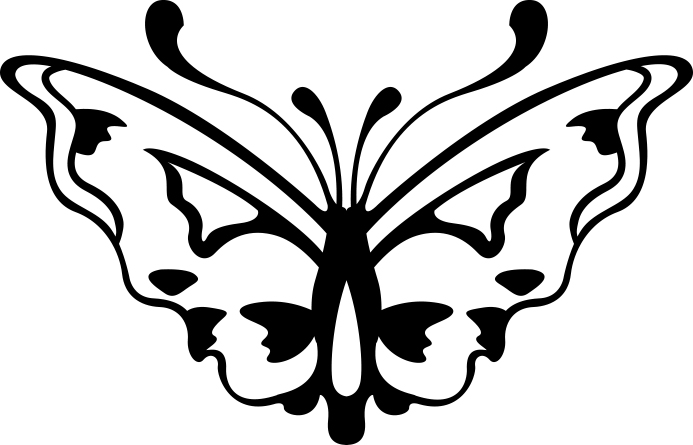The authenticity of the brand is what makes it different and what guarantees the quality and value. When it comes to brands, we want to be a part of the tribe built on trust and honesty. By buying their products, using their services, by living their values, by being their employees.
In times of crisis, the authenticity of the brand quietly becomes a matter of the brand's survival and post-crisis life. In a situation of emergency, never experienced before, it can’t be constructed by the strategists anymore. Things happen too quickly, changes are immediate, unpredicted and unprecedented. Campaigns, blunt and full of Churchillian quotes CEO’s statements, seemingly reassuring messages in social media, stale and now dated communication methods, become obsolete. In a flood of increased media activity and entire populations stuck to their screens in search for news and entertainment to calm their stress and insecurity inflicted by the danger, alienation and confinement, branded, purposefully designed communication is being missed, overlooked, ignored. It's somehow irrelevant.
It is silenced by the clutter of voices who strive to be heard in the crowd. The crowd who got much bigger since the beginning of the crisis as the channels of communication became limited and since we realised that old ways are no longer relevant or possible. In the crowd where new brands emerge…
In times of crisis actions and activities taken by companies to survive, are not carefully planned or thought through, they are random and chaotic like panic buying. Ethics and kindness are abandoned in a rush for survival. And people behind the brands seem to forget that everyone is watching.
In a socially distanced world, living in a state of sensory deprivation, the attention is focused on information. Minds less busy with hectic life, or simply starving for stimuli, allow information to be processed better, deeper, and conclusions to be formed with a more analytic approach. Or a more aggressive approach, driven by subconscious anger and threat. In a silenced world, we start noticing deeper layers and search for more. We watch more carefully. We are hungry for excitement, and we are looking for faults and failures, as our suspicious minds are getting the same thrill as when reading a criminal novel. We are sensitive to clues and draw the conclusion based on what we find out. We listen eagerly to anything that can distract us from the numbness of a lockdown.
Nobody listens to the brand’s voice anymore. We know it's something almost artificial, something constructed, we know there are masterminds behind it, and we know not all of them truly believe in the brand itself. Standard brand messages are not valid anymore. Messages coined in panic seem to only float on the surface like oil on the water. We push them away from us when we swim through the social media oceans – they are just disturbing dirt, clouding our vision.
But we are watching. We pay careful attention to brands’ behaviour and attitude in time of plague. Stories emerge, media pick the juiciest ones, clients pass the less known ones between each other during video calls and in emails, and we find out details of the rot or the beauty. Visions and missions are being proven, or, even more often, crumble and fall. And they don’t fall quietly.
What brands do in times of crisis, will become a matter of life or death. In the situation we have never experienced before, even best brand spin doctors or visionaries simply can’t act fast enough and predict what will happen next and how to prepare for that. And no campaign could ever save a fallen reputation or authenticity.
And we all are watching. And turning our backs to those who lost our trust. Nothing gets overlooked. Everything is being exposed and remembered and will leave a lasting stain on the brand's perception. A single mistake or ill-considered action may damage the brand’s reputation and credibility forever. Every ill-conceived action will be counted and the time for taking responsibility will come when we have choices again.
Every action, taken in a hurry, in panic, decision seemingly life-saving, will be taken into the account. Amazon laying off their employees. Asda not paying for order textile goods. Virgin pledging for bailout despite Branson's enormous portfolio of assets and residence in tax heaven, and emotionally blackmailing the government by threatening to fire 3,000 of their staff. Big corporations dismissing their contractors. Groceries making a fortune on compulsive buyers' habits (and playing good-doers and nation-feeders caring for the vulnerable). Government procuring "stay at home" and "clap for NHS campaign" as a "hard-hit emotional message" to support the lockdown. Yes, the government is a brand too. We are watching you and if we see you failed, we won’t trust you anymore. There will be consequences, there will be new tribes emerging from the chaos, new loyalties, new attitudes, new choices.
So... we are watching you. What are you going to do to survive?

